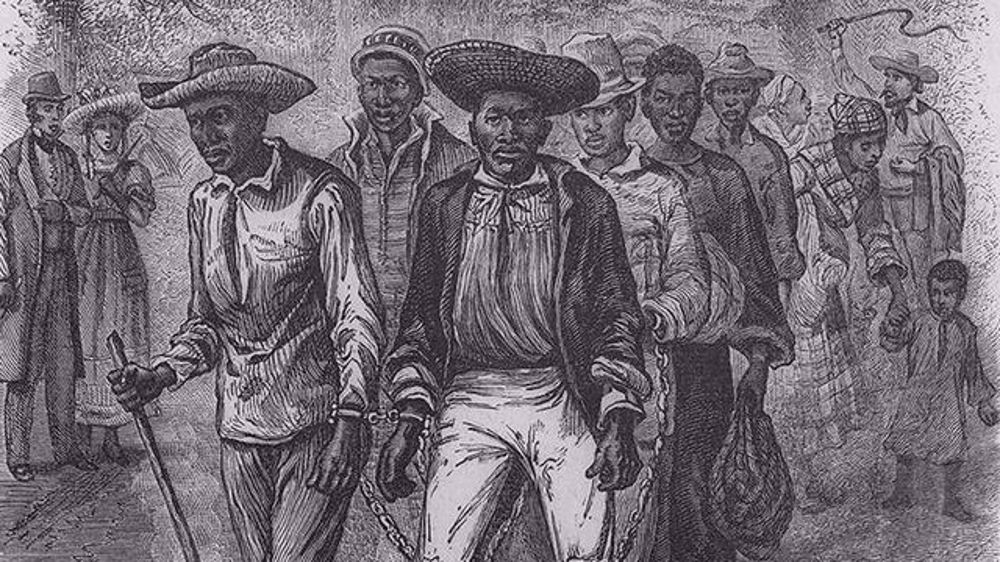
A Reuters examination determined that at least 100 members of the last sitting Congress are direct descendants of people who enslaved the Black people, representing at least 8% of Democrats in Congress and 28% of Republicans.
The group includes Republican senators Mitch McConnell, Lindsey Graham, Tom Cotton and James Lankford, and Democrats Elizabeth Warren, Tammy Duckworth, Jeanne Shaheen and Maggie Hassan.
In addition, President Joe Biden and every living former US president except Donald Trump are direct descendants of slaveholders: Jimmy Carter, George W. Bush, Bill Clinton and – through his white mother’s side – Barack Obama.
Reuters found governors of 11 of the 50 US states in 2022 were descendants of slaveholders, as were two US Supreme Court justices.
The Congressional slave-holding ancestors were among the richest in America before the Civil War; three-quarters were among the richest 10%.
In researching America’s political elite, Reuters found names of more than 700 people enslaved by ancestors of the leaders.

Separately, some 23% of respondents to a new Reuters/Ipsos poll said knowing that a candidate’s ancestors enslaved people would make them less likely to vote for that candidate, and white respondents who said they’re aware of having a slave-holding ancestor were more likely than other white people to support paying reparations for slavery.
Census figures from 1860 indicate that 1 in 4 households in states where slavery was legally enslaved people, according to data from IPUMS’ National Historical Geographic Information System.
Experts maintain many white Americans whose ancestors came to America before the Civil War have family ties to the institution of slavery, and Northerners and Southerners alike reaped enormous economic benefits from enslaved labor.
Ancestral ties to slaveholders have been documented previously for a handful of leaders, including Biden, Obama and McConnell.
Scholars and journalists have also extensively examined slavery and its legacy and the role slavery played in the decisions of past political leaders during the formation of America and after emancipation.
The new insights into the political elite’s ancestral links to slavery come at a time of intense debate about the meaning of the institution’s legacy and what, if anything, lawmakers should do about it.
Such topics include what to teach about slavery and racism in America’s classrooms; the future of affirmative action in college admissions; and how to address the persistent inequality in income and wealth for Black households, including monetary reparations.
Last year, a poll found that a majority of Americans support teaching critical race theory (CRT) to high school students and about the implications of racism and slavery in the United States.
Critical race theory is a way of studying the legacy of racism and slavery in the United States and how these forces continue to impact Americans. The educational concept is based on the argument that race is a social construct and that the United States was built on racist structures that exist today.
Some US lawmakers have opposed teaching CRT in high schools. In addition, Florida, Texas and Oklahoma have created prohibitive legislation on what can be taught in schools.

No comments:
Post a Comment